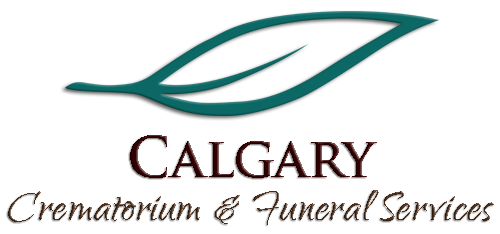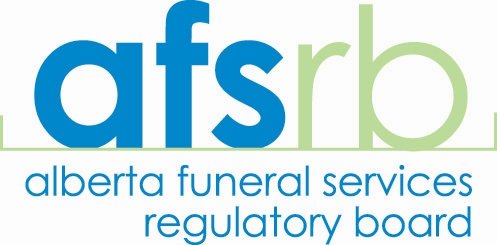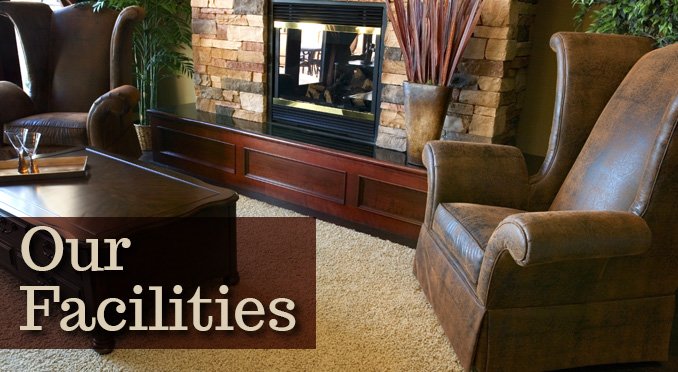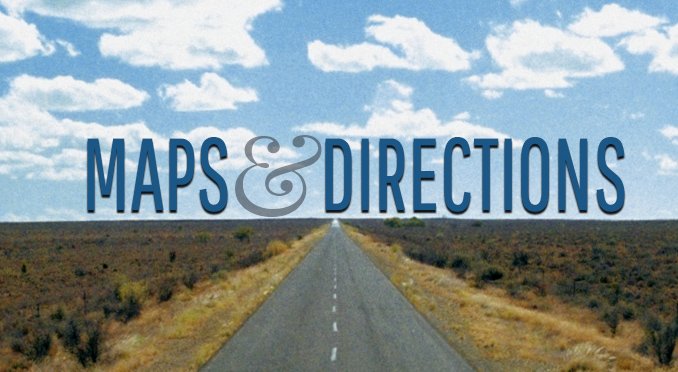

- Consultation with a licensed funeral director to coordinate all the details with respect to Crematorium and other parties responsible for the final disposition of the deceased.
- Transfer from place of death within a 40 km radius of the city of Calgary.
- Obtaining signed medical certificate.
- All record keeping and general clerical assistance
- Embalming and sanitation of deceased.
- Attendant for ceremonial washing and dressing.
- Cosmetology and casketing of deceased.
- Use of preparation area and/or dressing area.
- Obtaining legal documents required by the government for cremation.
- Compiling and typing of obituary.
- Obituary on website.
- Preparation and provision of a benefit packet.
- Preparation and delivery of six Funeral Director’s Statements of Death.
- Use of arrangement offices.
- Use of business offices.
- Use of parking facilities.
- Two 1 hour visitations (family and public) at the funeral home during regular business hours prior to the funeral service.
- Ushers and attendants for funeral service and commencement service.
- Use of chapel for funeral service.
- All required funeral equipment.
- Handling and arranging of floral pieces.
- Sedan and driver to acquire proper paperwork.
- Memorial book.
- Urn safekeeping up to 12 months

What is Cremation?
Cremation is the process of reducing the human body to bone fragments using high heat and flame. Cremation is not the final disposition of the remains, nor is it a type of funeral service.
Can the family witness the cremation?
Yes they can; some cremation providers will allow family members to be present when the body is placed in the cremation chamber. Some religious groups even include this as part of their funeral custom.
Can an urn be brought into church?
Nearly all Protestant Churches allow for the urn to be present during the memorial service. Most Catholic Churches also allow the remains to be present during the Memorial Mass. It is encouraged that cremated remains be a part of a funeral as it provides a focal point for the service.
What can be done with the cremated remains?
While laws vary state by state, for the most part remains can be buried in a cemetery lot or a cremation garden, interred in a columbarium, kept at home or scattered.





